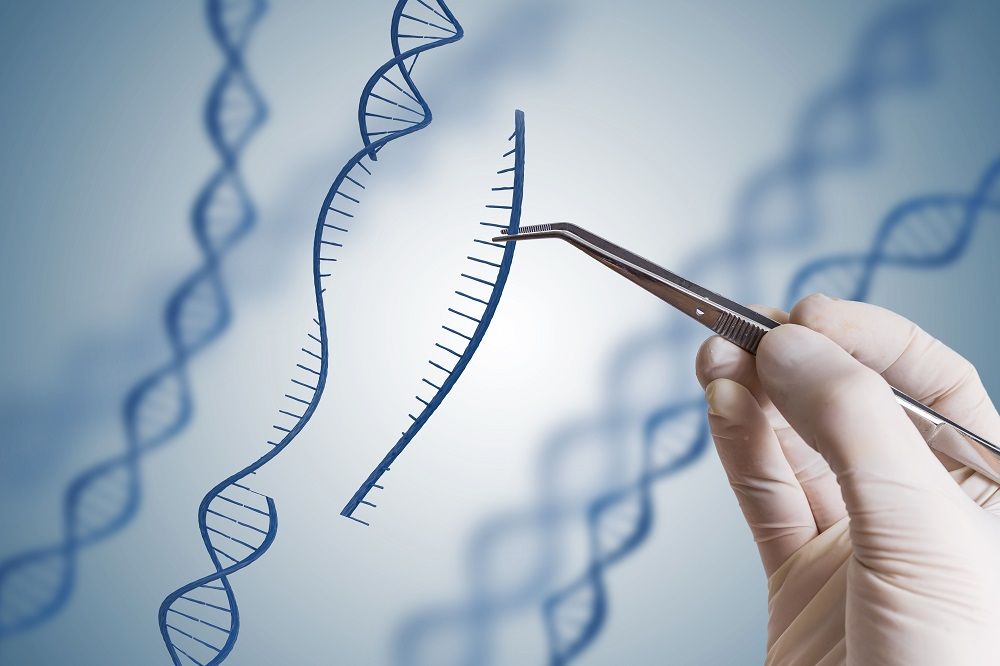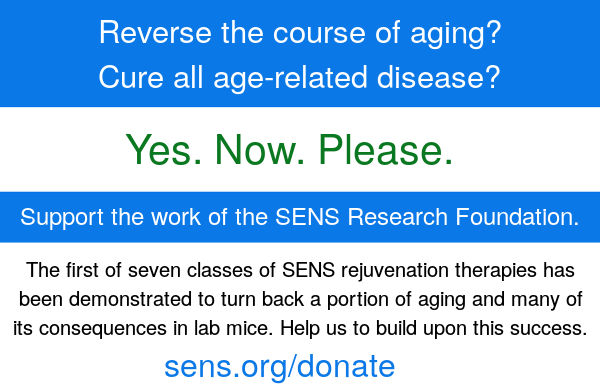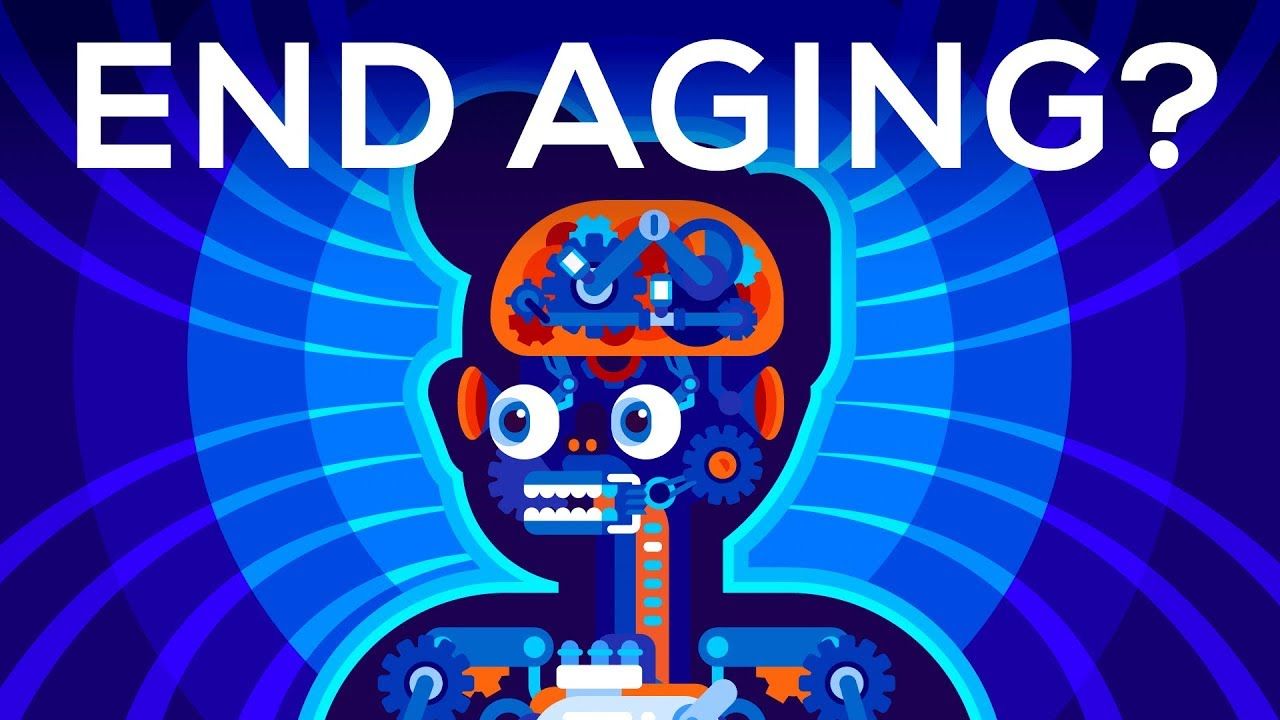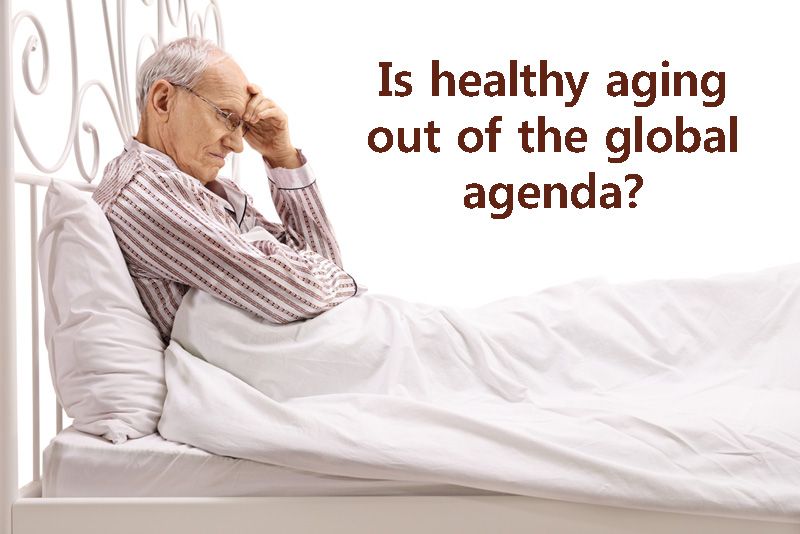There is no doubt that the arrival of rejuvenation biotechnology will not only change how we age but also how society works. Eradicating age-related diseases will lead to challenges for our society but we should be positive about change and a healthier future.
A very useful skill you get from the study of mathematics is the ability to skim details off a special case of a concept and get to the general case, which is the essence common to all special cases. This skill, far from being useful only in maths and science, can be applied to a variety of situations, including—perhaps surprisingly—rejuvenation advocacy.
Think about common objections to rejuvenation: won’t it cause overpopulation? Won’t it make it impossible to pay the pensions? Won’t it make it harder for the young to find a job? Won’t it change our perception of older people and our idea of family?
The answers to these questions are more complicated than just yes or no, but this is not what we’re concerned with here. All of these questions above are special cases of a more general case.









